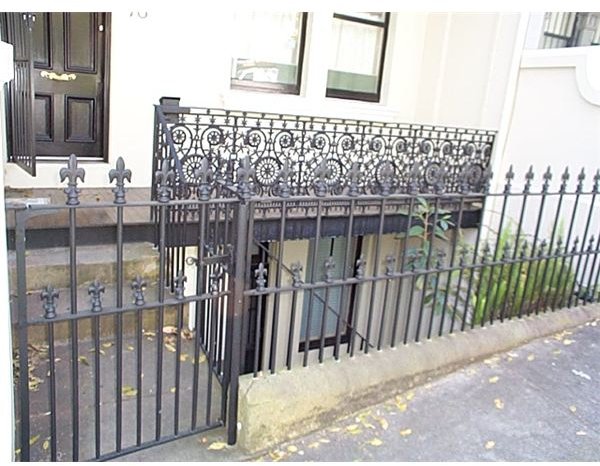How to Start Running a Business Out of My Basement
Tax Factors

Those hoping to start running a business from home should go into the venture with an eye on the tax man. Homeowners, who are planning to write off the basement area from their taxes by claiming a home office deduction, must ensure that the area is set up to completely support the enterprise and not feature any secondary uses.
With basements in particular, it is tempting to allocate the area as a storage space for the holiday decorations and other bulky items for which there is no upstairs closet space. Running a business and being able to write off the office space depends on exclusive use of the basement area for the venture. In short, take he decorations into the attic or reduce the area you plan to write off.
Special considerations apply when the basement is unfinished or partially finished. Usually this square footage is not included in the overall calculations for the habitable living space that applies to the home. Contact a tax professional for defining the square footage that applies to the home office in this case.
Residential Area Zoning
Policies and procedures for running a business office out of the home vary by municipality. Homeowners, who live in communities governed by the CC&Rs of a homeowner’s association, must abide by their rules when it comes to operating a business from within the house or condo.
Running a business from a private residence, even when the home does not fall under the control of an association, is still governed by the local zoning department. This may make signage and even the use of the home as a store front somewhat difficult in some areas. Knowing ahead of time whether it is okay to open up the basement for business is a good idea.
A Hobby Run as a Business
A hobby that becomes a small business should take into consideration whether the basement is a presentable space for welcoming clients. Of course, if the business is entirely online – such as an Internet retail business – this matters very little.
Once a hobby becomes an enterprise, it is essential to treat the professional aspects with the due diligence befitting a job. Even though the office is in the home, there should still be a set schedule, business structure and the introduction of the hobby as a business to third parties.
Outfit the area with the equipment required, print out business cards and go after clients. Follow the home office rules and regulations set forth by the IRS to avoid any problems down the line.
What about a Franchise?
Running a business “out of my basement” also sounds attractive to would-be franchisees. Yet keep in mind that the top-rated franchises – Entrepreneur Magazine lists Hampton Hotels, AM/PM and McDonald’s – require the use of a minutely defined locale. Even some of the franchises that made it toward the bottom of the list, such as Kwik Copy Business Centers or Five Star Painting, rely on a client-friendly store front. Basement venues do not usually provide this kind of professional atmosphere that he franchise seller demands.
Source
- Entrepreneur Magazine. “2011 Franchise 500” at https://www.entrepreneur.com/franchise500/ (accessed May 30, 2011)